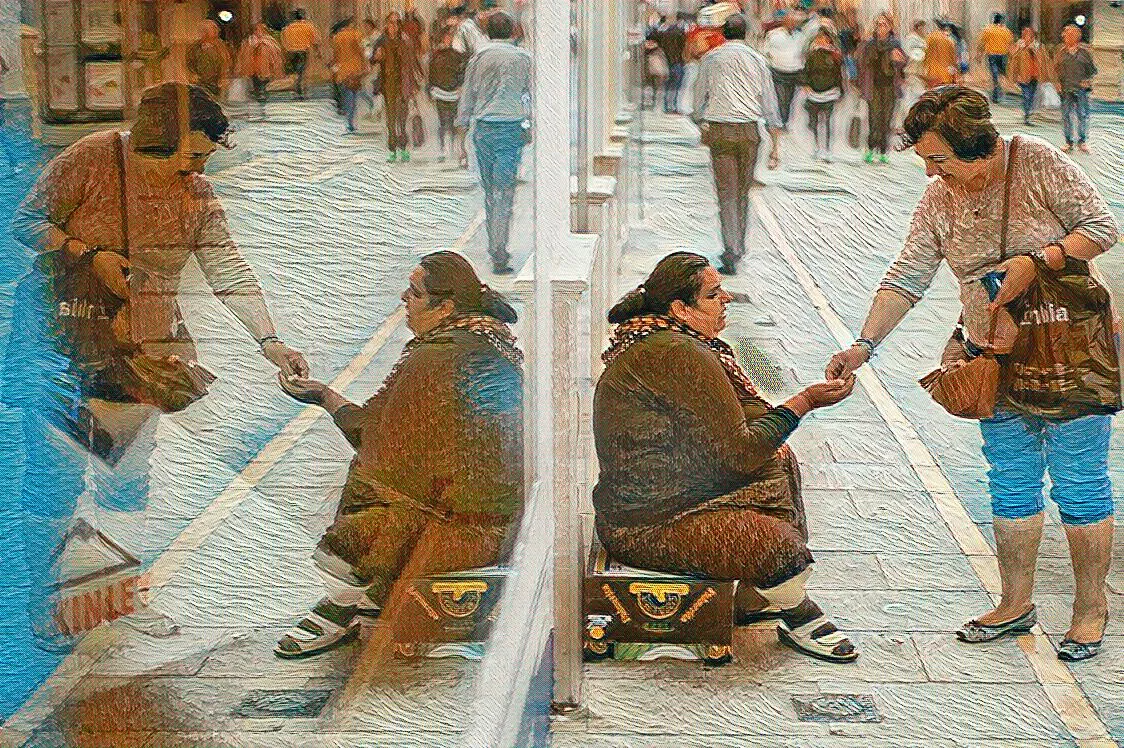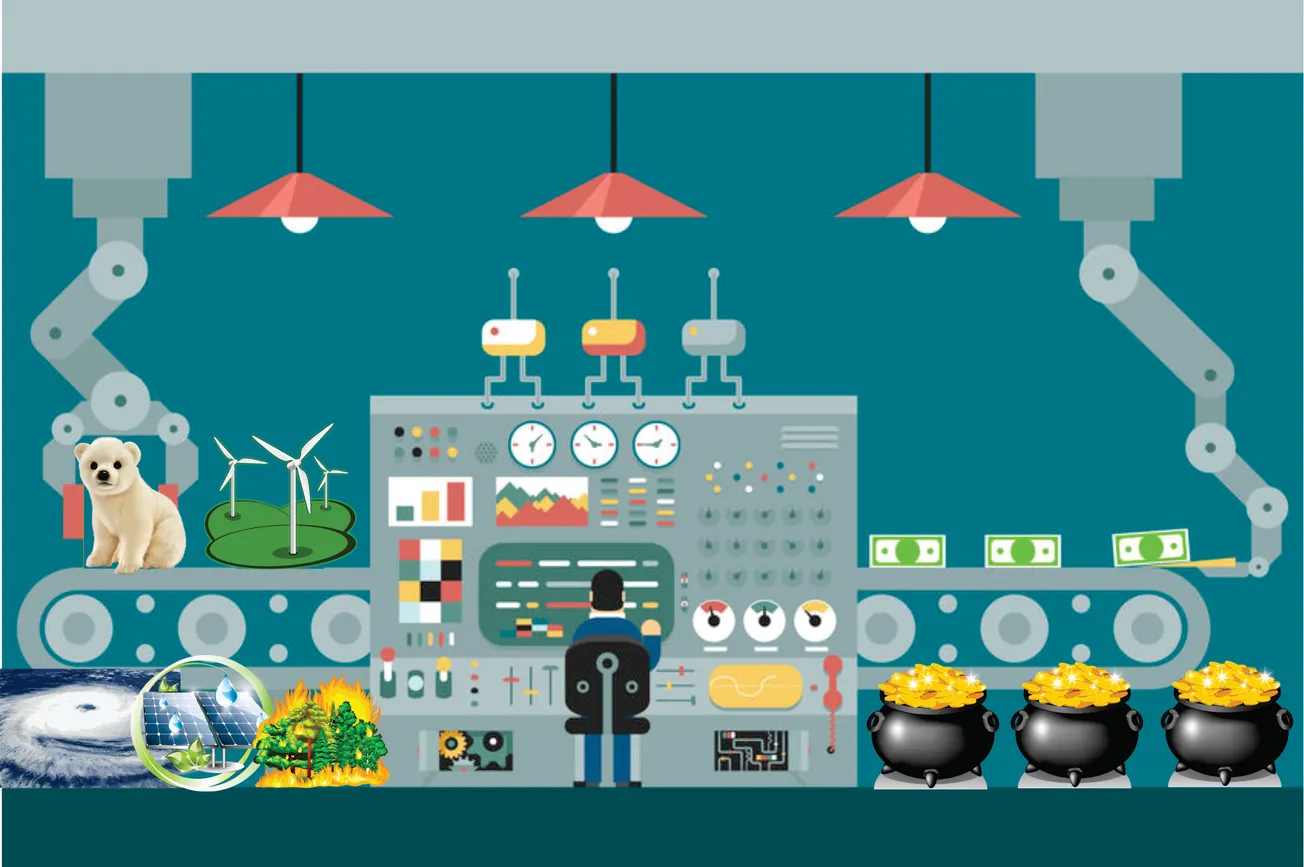Table of Contents
It’s that time of year when the Auckland CBD homeless return from their baches in the Coromandel to live another year of gluttony and excess on the streets of our fair city. The last time I encountered them, one bloke, who is roughly the size of a small car, was simultaneously quaffing three milkshakes and a pizza, while regarding with curiosity a mountain of crumbed oysters from one of those ritzy new outlets in Commercial Bay.
There really should be a sign up saying ‘Don’t Feed the Beggars’, though I’m not sure that would stop those metropolitan lefty liberal types from spending $40 a dozen on oysters in order to assuage their white guilt. Needless to say, the milkshakes and pizza made it through the man-car’s open passenger door whereas the oysters were left adorning the footpath – to be picked up later by the immigrant street cleaner along with the other detritus, discarded clothing and drugs paraphernalia. This is clearly the optimal way to live after your mother tells you you’re too old for her to continue cleaning your room, and anyway, why should she, when Auckland Council is so readily available with its army of ratepayer-funded servants?
Is it not amazing that in a land of such imputed poverty, and with so many ‘indicators’ failing, that we manage to live with such surfeit and excess? And it’s not only the homeless who are like this. Just last week it was revealed that Elon Musk has replaced Jeff Bezos as the world’s richest man after the Tesla share price soared 700 per cent in twelve months. The allegation has been made that instead of using government grants to help their businesses weather the COVID storm, company owners are instead directing this fountain of fake cash at outfits like the lithium battery manufacturer.
We are now staring squarely down the barrel of an asset bubble. Our politicians are all too thick to realise, or too high on jollies to care, that you cannot indefinitely fund all of an unproductive nation’s wants by printing money. Yet since the arrival a year or so ago of the Wuhan flu, this has been the chosen method. Auckland house prices have soared more than 15 percent in the last year, and three percent since September. Our Prime Minister has the audacity to look scowly and chastise the ‘rich pricks’ for buying houses only because she cannot comprehend the causality inherent in her own government’s monetary madness.
How on earth did COVID result in this? It was not until the nineteenth century that national governments began to even think about assuming responsibility for public health. Some years earlier, Voltaire had written of Paris’s ‘filthiness’. Georges-Eugène Haussmann was commissioned by Napoléon III to undertake an enormous renovation of the city between 1853 and 1870, which included the replacement of medieval neighbourhoods with avenues, parks and squares. In London, the River Thames had been an open sewer precipitating frequent cholera epidemics when, following the ‘Great Stink’ of 1858, Joseph Bazalgette was handed responsibility for its new municipal sewerage system.
Yet until the Second World War, governments had managed to stay out of the citizenry’s private lives and the management of their personal affairs. In 1948 the Attlee Labour government changed all that by setting up the British National Health Service, and it is here that the problems began. The Health Service is not, as its name suggests, a wellness service at all, but rather one specialising in illness. And as such, being the proverbial ambulance at the bottom of the cliff, it exists within a paradigm of constrained supply but almost limitless demand.
All the Anglophone nations have established their public health services on this premise, with the exception of the United States, which is about to. In New Zealand, as elsewhere, doctors’ services have been nationalised and unionised, and if a particular treatment is not available either gratis, or at a hugely reduced tariff, we scream and scream until we get it. Any personal responsibility for health care has long since been abrogated.
But that is really only the start. Labour governments in both Britain and New Zealand have enticed successive generations to rescind their personal responsibility for everything, culminating in a generation of geriatric ‘boomers’ – comprising 25 percent of the population – who may have paid some tax but still, while dressing and behaving like the Rolling Stones, expect far more in return than a mere Beggar’s Banquet.
We have become a nation of cultural welfare addicts who even expect the government to be responsible for our ‘wellbeing’ and mental state.
There is hardly an aspect of life we don’t expect our elected representatives (and, naturally, the unelected ones) to delve into and provide for. This includes the ‘moral’ grounding (I use the term loosely) of our children in sex education, through facilitating the determination of a person’s gender at a time set quite apart from his or her birth, to euthanising the elderly subject at the end of his or her useful life, whenever that might be. I am quite sure the government will be on hand to tell us.
It’s literally a cradle-to-grave, business class service; although it’s becoming increasingly less likely that you, my friend, will get to choose your destination.
Presently we are trapped in a vortex where the government, which has the most to pay, gets the biggest say and the ‘customers’, only expecting ‘free’ amenities, don’t actually mind what happens next.
On this unscheduled service to Middle Earth, your senior flight attendant’s name is Jacinda. Her performance in the cabin is predicated on a new set of ethics, based on ‘kindness’, in which all principles and imperatives receive exact equivalence on account of their grounding in stultifying moral relativism. We will keep on spending on anything we want to just because we can, and because it’s popular to do so.
Flying at 30,000 feet, please ensure your headsets are on and that you don’t look down – because then you might observe that the whole edifice of the Western world’s financial system is a tottering Ponzi scheme waiting to collapse. And when it does, the money will evaporate, investment will be no more, and all of those restaurants by the waterfront, funded through your expense account, will fall silent.
Nobody will want our empty houses, or to walk our gangland streets. The borders will reopen but no one will pass through them, except to leave. Following which, trade may very well be in kumara, food that which we can forage, and our energy source the burning tyres from rusting hulks of defunct electric cars.
And then, around the time the live streaming stops, and the screens go dead, is when the nation’s youth may well collectively decide to lift its head up out of its mobile device – and behold our great endowment to it.
Please share this BFD article so others can discover The BFD.









